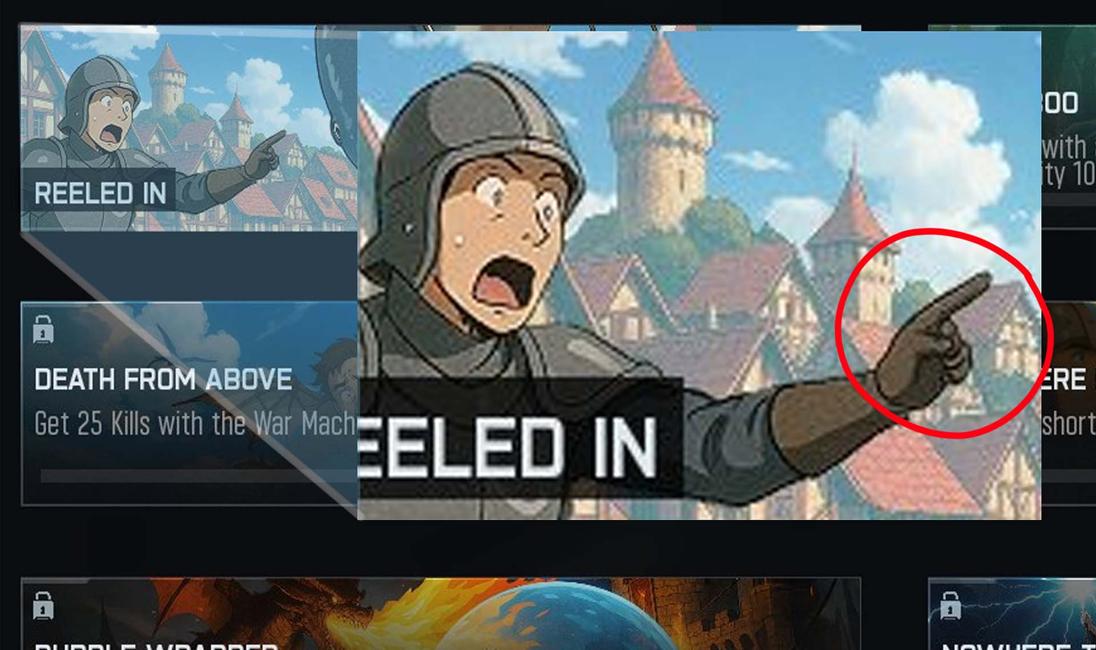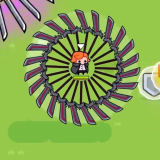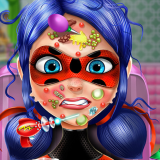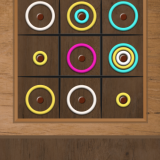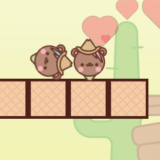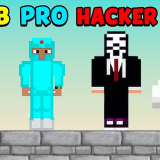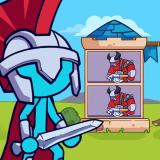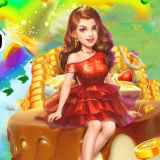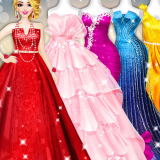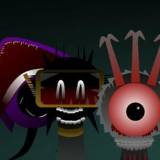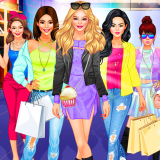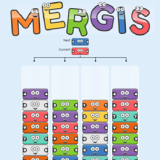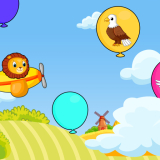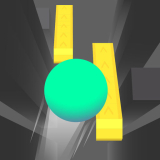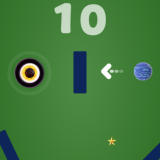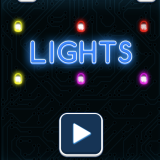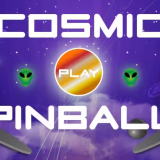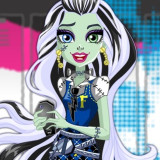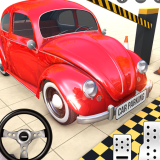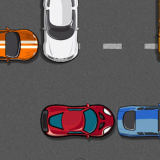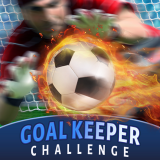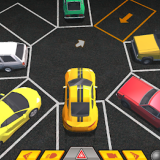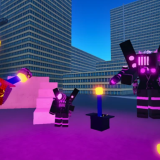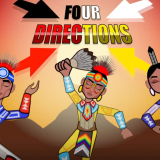Okay, so, Activision and AI art. I know, right? It sounds like the start of some dystopian cyberpunk novel. But it's actually a real thing, and it's bubbling up in the gaming world, specifically around the upcoming Call of Duty: Black Ops 7 (or whatever they end up calling it, let's be honest). I've got to admit, the intersection of gaming and AI fascinates me.
The internet's been buzzing – you might have seen it – with concerns about whether Activision is going to be slinging AI-generated art into their games. And, well, people are... concerned. Artists, gamers, everyone. It's a valid discussion. Is it going to devalue human creativity? Will our games become a soulless collage of algorithmically-generated assets? Or, and here's a thought, could it actually enhance the creative process? I mean, imagine AI tools assisting artists, not replacing them. But that's a tightrope walk, isn't it?
Activision has actually addressed these concerns, and that's what I wanted to talk about here. What exactly did they say? And more importantly, what does it mean for the future of Call of Duty, and potentially, the gaming industry as a whole?
Activision's Stance: Navigating the AI Art Minefield
So, here's the thing: Activision hasn't exactly released a full-blown manifesto on their AI art policy. But, they have made statements acknowledging the concerns and outlining a general approach. From what I gather, they're treading cautiously. And honestly, that's probably the smartest move. They're saying they're exploring the possibilities of AI, but they're also emphasizing the importance of human creativity and artistic integrity. Which, let's be real, is what everyone wants to hear.
It sounds a bit like a PR dance, I know. But think about it this way: they can't just come out and say, "Yeah, we're going all-in on AI!" The backlash would be monumental. What they can do is explore AI as a tool, while simultaneously reassuring the artistic community that they're not about to be replaced by a bunch of algorithms. Smart.
I think it’s important to note that most of the concern arises from a misunderstanding of how AI art is typically created. It's not some magical button that poofs perfect art into existence. It requires prompts, training data, and, most importantly, human oversight. As gamesindustry.biz often highlights, AI is just another tool, like a fancy brush or a powerful software suite.
Call of Duty: Black Ops 7 – A Test Case for AI in Gaming?
Here's where things get interesting. Call of Duty: Black Ops 7 is on the horizon. And the question on everyone's mind is: how will AI be used (if at all) in the game's development? Will we see AI-generated textures, character models, or even story elements? It's all up in the air right now. But it's safe to assume that Activision is experimenting behind the scenes. The potential benefits are just too tempting to ignore. Faster development times, more diverse assets, and potentially, even more immersive experiences. That said, I have concerns.
During my five years working with similar game engines, I saw firsthand how even small changes to the art pipeline could drastically alter the final product. The tricky part is maintaining a cohesive artistic vision when algorithms are involved. It’s a challenge, no doubt.
The Ethical Considerations and the Future of Gaming Art
But let's not get bogged down in the technical details. The real issue here is ethical. Who owns the copyright to AI-generated art? How do we ensure that AI isn't used to plagiarize or steal from human artists? These are thorny questions with no easy answers. And frankly, the legal framework is still playing catch-up. And that's scary. We're essentially in uncharted territory, folks.
Consider the implications. If a game company can generate endless amounts of content with minimal human input, what happens to the artists who used to create that content? Will they be retrained to manage AI, or will they be out of a job? It’s a tough question, and one that the gaming industry needs to address head-on. The discussion has definitely started, but there’s a long way to go. By the way, did you see the new Nintendo Direct? Totally unrelated, but worth checking out.
FAQ: Untangling the AI Art Debate in Gaming
Why are people so worried about AI art in Call of Duty?
Good question! The concern stems from a few different angles. Firstly, there's the fear of job displacement for human artists. If AI can generate art quickly and cheaply, will studios still need as many human creators? Secondly, there are ethical considerations around copyright and ownership of AI-generated content. And thirdly, there's the potential for a decline in the overall quality and originality of art if it becomes too reliant on algorithms.
Will AI art completely replace human artists?
Probably not entirely. At least, not anytime soon. While AI can generate art quickly, it still requires human input and oversight. I imagine we'll see a hybrid approach, where AI assists artists with certain tasks, but the overall creative vision remains in human hands.
How will Activision likely use AI in their games?
That's the million-dollar question! It's tough to say for sure. But I'd guess we'll see AI used for things like generating textures, creating environmental details, and maybe even prototyping character models. Basically, the time-consuming, repetitive tasks that artists often find tedious. I really doubt Activision will be relying on AI to write the next compelling narrative for their games.
Is there any upside to AI art in gaming?
Absolutely! AI can potentially speed up development times, allowing studios to create more content with fewer resources. It could also enable more diverse and personalized gaming experiences. Imagine AI generating unique character skins or level designs based on your preferences. That could be pretty cool, right?
So, where does this leave us? Honestly, I don't have all the answers. But I do know that the conversation around AI art in gaming is only going to get louder. And it's a conversation we need to have. Because the future of gaming – and the future of art – might just depend on it.
- First important point about the content
- Second point with detailed explanation
- Another noteworthy detail
- Final concluding thought
